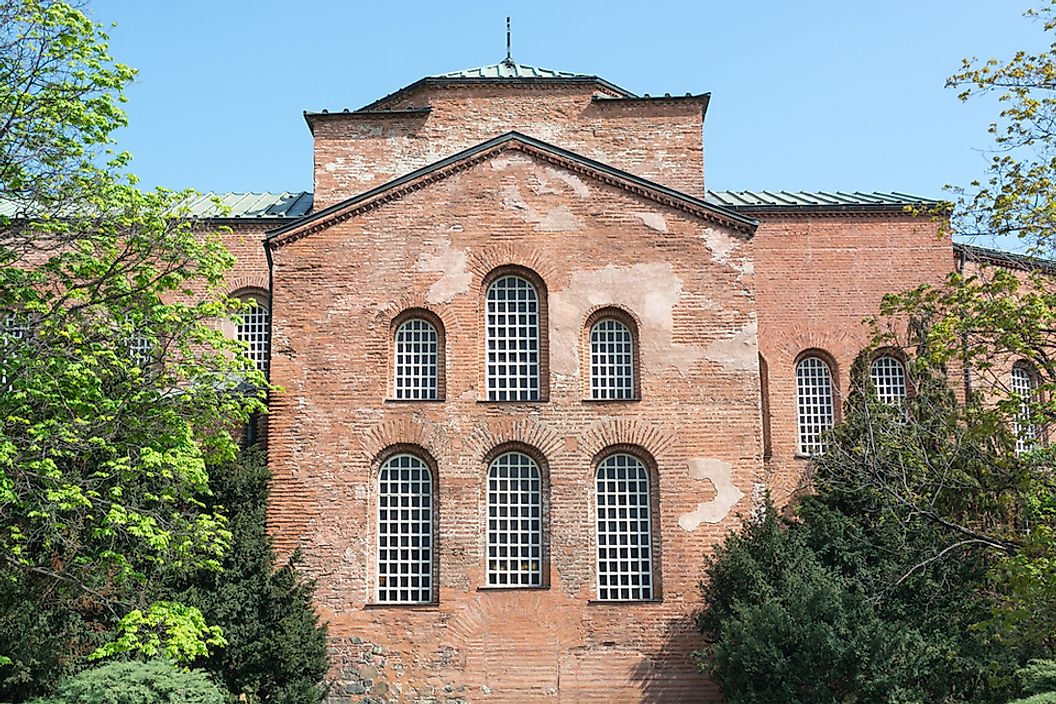Religious Beliefs in Bulgaria

Bulgaria is a country in southeastern Europe that encompasses an area of 110,994 square km and has a population of 7,101,859. According to the 2011 census, 60.9% of Bulgaria's population are Christians. In particular, 59.4% of the population is affiliated with the Bulgarian Orthodox Church. Muslims account for about 7.9% of the population, especially Sunnis Muslims, making Islam the second most popular religion in Bulgaria. Islam was introduced to Bulgaria during the Ottoman occupation of the Balkans. Adherents of other faiths account for only 0.1% of the entire population. Bulgaria also has a significant population (9.3%) who do not self-identify with a religion. Additionally, 21.8% of census respondents did not comment on their religious beliefs.
Christianity is the Most Common Religion In Bulgaria
Orthodox Christianity was accepted as the official state religion of Bulgaria during the rule of the First Bulgarian Empire in the 9th century. Roman Catholicism was introduced in Bulgaria during the Middle Ages, while Protestantism was introduced much later in the 19th century. Most ethnic Bulgarians are affiliated with the Bulgarian Orthodox Church. Other Orthodox churches are also active within the country.
Missionaries, Ragusan merchants, and Saxon ore miners living in the country’s northwestern region were instrumental in popularising Catholicism in Bulgaria. There are currently about 40,000 Catholics in the country who are primarily concentrated in the Plovdiv Province and some parts of northern Bulgaria.
Protestantism arrived in Bulgaria mainly from the USA, and the religion is growing quickly within the country. Protestantism in Bulgaria is most common among the Roma people and the ethnic Bulgarians. A 2015 study determined that many Bulgarian Protestant Christians possess a Muslim background.
Islam in Bulgaria
The Muslim community is the biggest religious minority in Bulgaria. Adherents of Islam in Bulgaria include the Turkish Bulgarians, the Pomaks, and a small population of Romas. Most of Bulgaria’s Muslims live in the Razgrad, Kardzhali, and Smolyan provinces.
Religious Freedom and Tolerance in Bulgaria
Although Bulgaria is a secular state, its constitution does recognize Orthodox Christianity as the country’s traditional religion. The freedom of religion is provided by the constitution, and the government generally respects this freedom. Fortunately, Bulgaria has not experienced any major communal confrontations, and the country’s diverse religious communities peacefully co-exist. The capital of Bulgaria, Sofia, includes the “Square of Religious Tolerance,” an area that received the nicknamed because it includes a church, a cathedral, a mosque, and a synagogue all within meters of each other in the city center.











